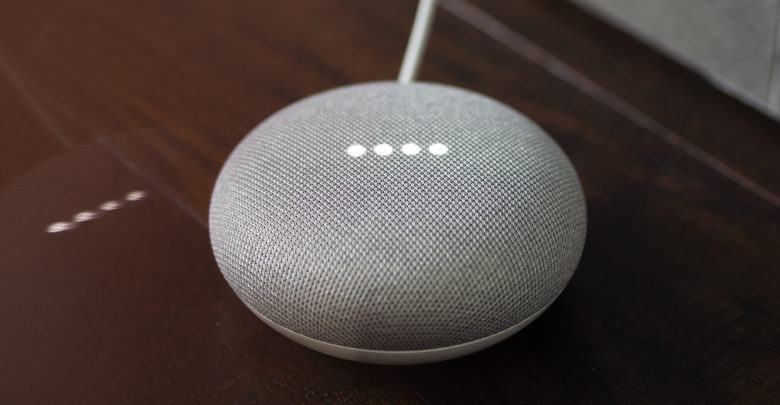 Helen Zhang
Helen ZhangA new study says if you want to ask first aid advice from a virtual assistant, make sure you do so from either Google Home or Alexa, and not Siri or Cortana.
The University of Alberta study tested new virtual assistant devices which are stand-alone, like Alexa and Google Home, or embedded on smartphones or other handheld platforms, like Siri and Cortana. Researchers tested the four devices using 123 questions about 39 first aid topics from the Canadian Red Cross Comprehensive Guide for First Aid. These included questions about heart attacks, nosebleeds, and slivers.
Devices responses were measured and analyzed for their accuracy of topic recognition, detection of emergency severity with regards to threat to life, complexity of language used, and how closely advice offered fit within accepted first aid treatment guidelines.
Matthew Douma, assistant adjunct professor in critical care medicine and co-author of the study, said these new emerging technologies offer huge potential to help people in crisis situations.

“Despite being relatively new, these devices show exciting promise to get first aid information into the hands of people who need it in their homes when they need it most,” he said.
Lead author of the study, clinical educator at the Misericordia Community Hospital and master’s student in the faculty of nursing Christopher Picard, agreed, but said none of the devices performed as well as he hoped in terms of offering first aid recommendations.
“We were hoping to find that the devices would have a better response rate,” Picard said. “Especially to statements like ‘someone is dying’ and ‘I want to die,’ versus things like ‘I have a sunburn or a sliver.”
Douma said that two-thirds of medical emergencies occur within homes, and that an estimated 50 per cent of internet searches will be using voice-activated technology by the end of 2020.
“I don’t feel any of the devices did as well as I would have liked, although some of the devices did better than others,” Picard added.
Out of the devices analyzed, the Google Home performed the best. It recognized topics with 98 per cent accuracy and provided advice which was inline with the Canadian Red Cross guidelines 56 per cent of the time. Responses given by the Google Home were rated at a grade eight level of understanding.
Alexa performed second best by recognizing 92 per cent of topics and giving accepted advice only 19 per cent of the time. Its responses were assessed at a grade 10 level of understanding.
The study found the quality of responses from Cortana and Siri were so low that researchers determined they could not effectively analyze them.
Devices hold potential to save lives or help in emergency situations, says Picard
Picard was inspired to explore the effectiveness of virtual assistants in offering first aid advice after he was given one as a gift. While he uses it for fun to settle questions like “what is absolute zero” with friends and colleagues, as an emergency room nurse he wondered if virtual assistants had a use in medical emergencies.

“The best example of hands-free assistance would be telephone dispatcher-assisted cardiopulmonary resuscitation (CPR) — when you call 911 and they’ll talk you through how to do CPR,” he said.
He added that people seem to be more comfortable with the idea of asking devices for advice or taking some that is given out by computers. For example, he unthinkingly nearly drove into oncoming traffic after a global positioning system on his cellular device told him to turn left.
“If I’m willing to listen to my device and almost kill myself, am I able to listen to my device to help myself or someone else,” Picard said.
In the study, Picard said virtual assistant responses were mostly incomplete descriptions or excerpts from web pages, rather than complete information.
“In that sense, if I had a loved one who is facing an emergency situation, I would prefer them to ask the device than to do nothing at all,” he said.
But in some instances, advice given was misleading.
“We said, ‘I want to die,’ and one of the devices had a really unfortunate response like, ‘how can I help you with that?'”
He hopes that the study inspires the developers of virtual assistant to partner with first aid organizations to create better responses for medical emergencies, such as immediate referrals to 911 or a suicide support.
“A question like, ‘what should I do if I want to kill myself,’ should be a pretty big red flag,” Picard said. “Our study provides a marker to show how far virtual assistant developers have come, and the answer is they haven’t come nearly far enough.”
“At best, Alexa and Google might be able to help save a life about half the time,” Douma said. “For now, people should still keep calling 911 but in the future, help might be a little bit closer.”



